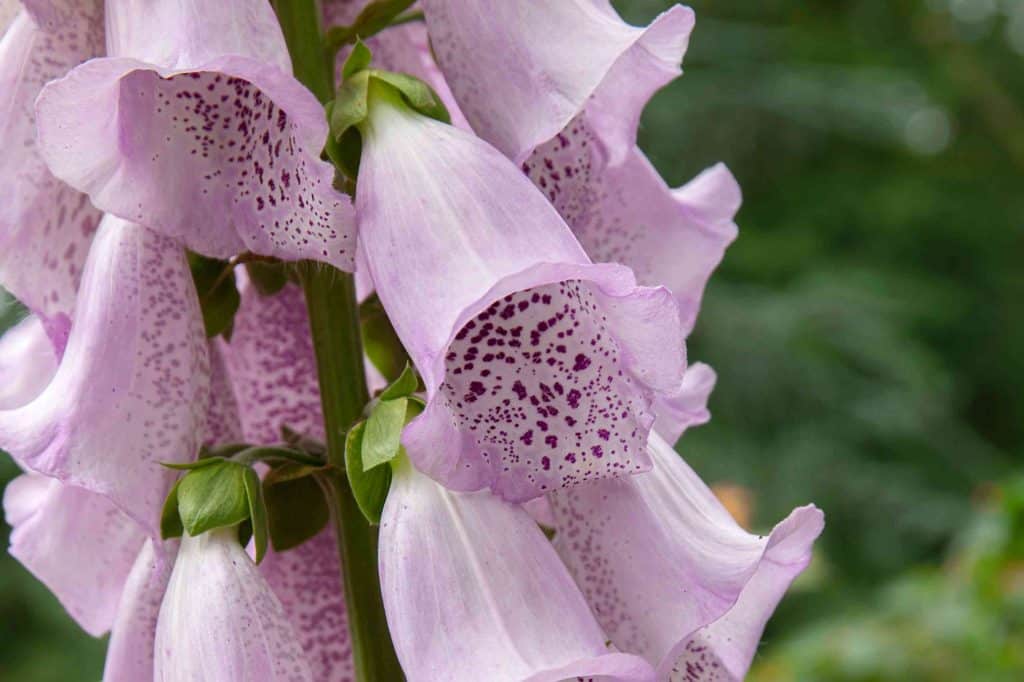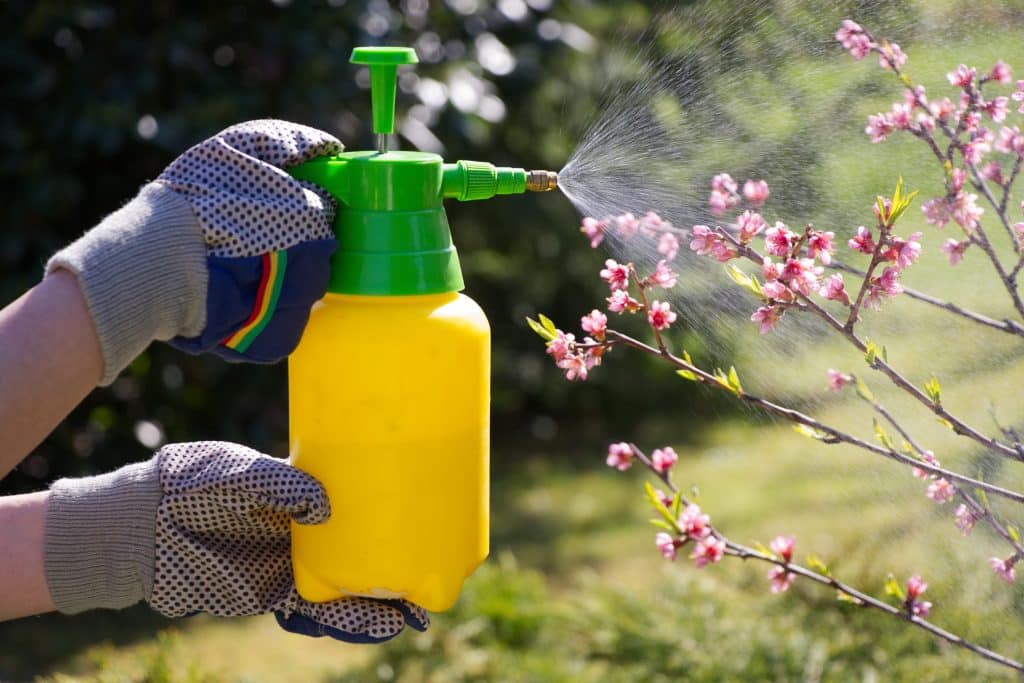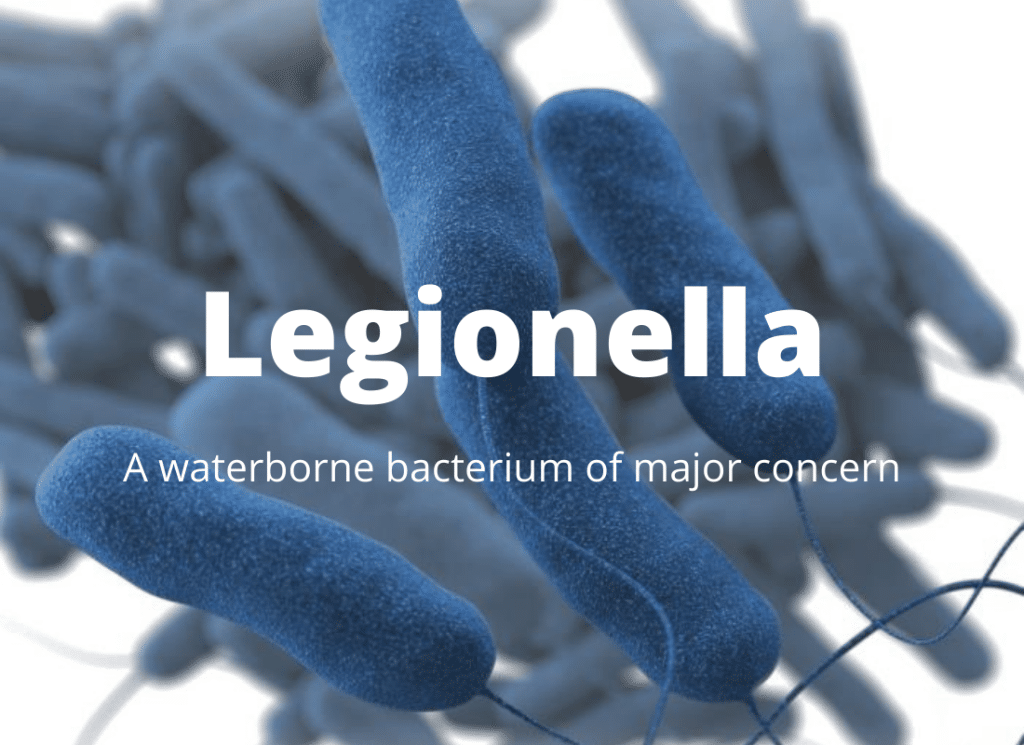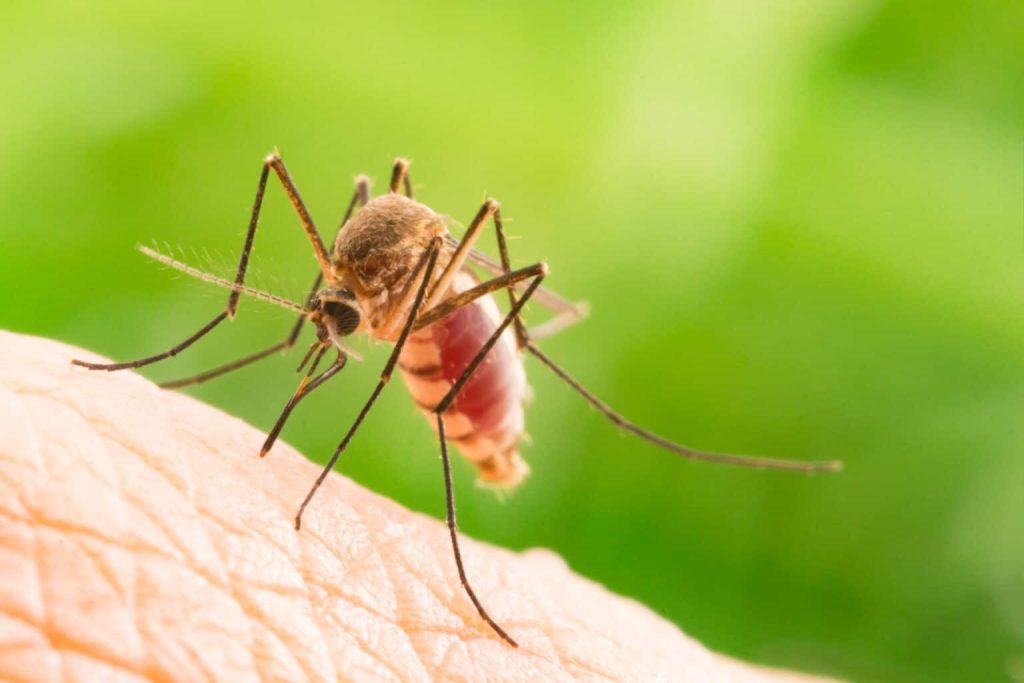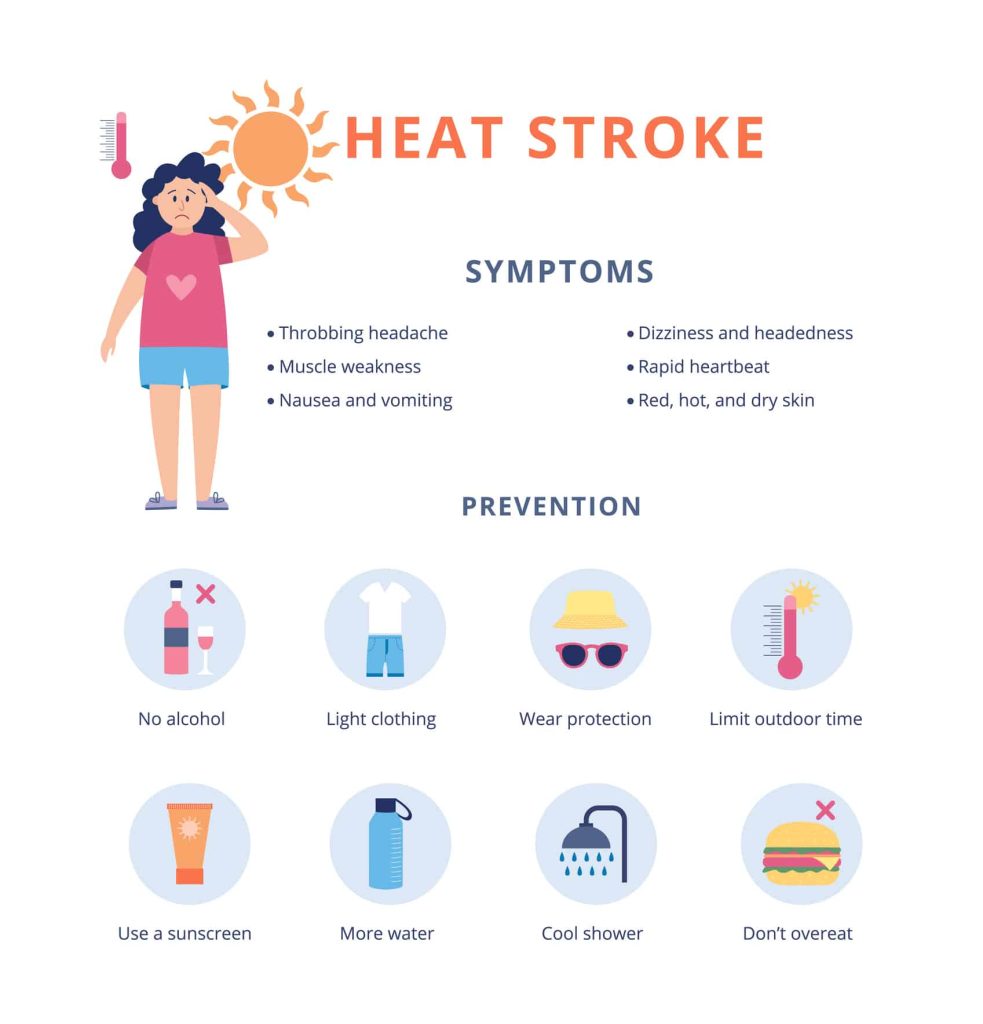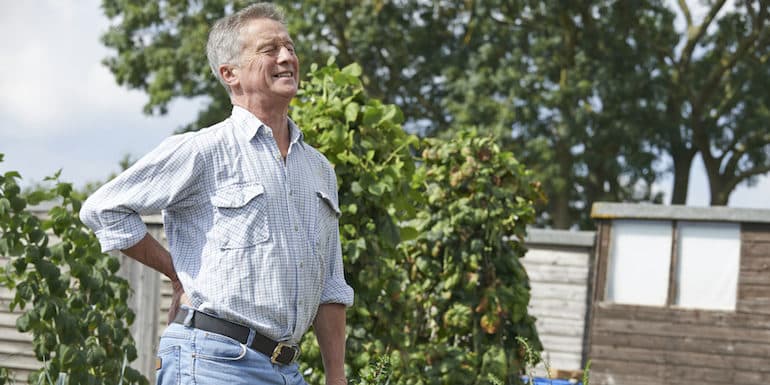Gardening is often seen as a therapeutic and enriching hobby, offering a connection to nature and a sense of accomplishment. Yet, beneath the colorful blooms and lush foliage, hidden dangers can pose serious health risks. From toxic plants to harmful chemicals, gardens are not always the safe havens they appear to be. This article delves into the darker side of gardening, uncovering the scary reasons your garden could make you sick. It serves as a cautionary guide to inform garden enthusiasts about these potential threats and provide practical advice on avoiding them, ensuring that gardening remains a joyous and healthy activity.
Contents
Toxic Plants and Pollen Allergies
Gardens are often home to various plants that, while aesthetically pleasing, can be dangerously toxic. Although beautiful, common garden staples like foxglove and oleander contain harmful toxins that can cause severe health issues if ingested. Handling these plants without proper protection can lead to skin irritations or allergic reactions. Furthermore, gardens are a major source of pollen, which can trigger allergic reactions in many people. These allergies often manifest as sneezing, runny noses, and itchy eyes, making gardening a miserable experience for allergy sufferers.
Additionally, certain plants are notorious for their high pollen count, especially during specific times of the year. Plants like ragweed, birch, and cedar trees can exacerbate conditions like hay fever, increasing discomfort. Gardening enthusiasts are advised to be aware of the blooming periods of these plants and take necessary precautions, such as wearing protective masks or gardening outside of peak pollen times. By understanding and mitigating these risks, gardeners can enjoy their hobby without compromising their health.
Harmful Pesticides and Chemicals
Using pesticides and chemicals in gardens is a common practice to control pests and diseases. However, these substances can pose significant health risks. Prolonged exposure to certain pesticides has been linked to a range of health problems, including skin irritations, respiratory issues, and even long-term diseases. Gardeners often use these chemicals without proper protective gear, unknowingly exposing themselves to these dangers.
Many gardeners are turning to organic and natural alternatives in response to these risks. These options are not only safer for human health but also for the environment. For those who continue to use chemical pesticides, it is crucial to follow safety guidelines, such as wearing protective clothing and ensuring proper ventilation. By taking these precautions, gardeners can significantly reduce their risk of exposure to harmful chemicals.
Bacterial and Fungal Infections
Soil is a complex ecosystem, teeming with bacteria and fungi. While many of these microorganisms are beneficial, others can harm humans. Gardeners are particularly at risk of contracting dangerous bacteria such as Legionella, which can cause serious illnesses. These bacteria often thrive in moist soil and can be inhaled through dust particles, posing a significant health risk.
Fungal infections are another concern in the garden. Pathogens like Histoplasma can live in soil, especially in areas with bird or bat droppings. When disturbed, these fungi can become airborne and, if inhaled, can lead to respiratory illnesses. Gardeners should be aware of the potential for these infections and take steps to protect themselves, such as wearing masks and gloves, especially when working in areas that might be contaminated.
Mosquitoes and Ticks: Carriers of Disease
Gardens can be breeding grounds for mosquitoes and ticks, which are known disease carriers. Mosquitoes, thriving in stagnant water found in garden ponds or containers, can transmit diseases like West Nile virus and Zika virus. Often found in wooded or grassy garden areas, ticks are notorious for spreading Lyme disease and other infections. These pests pose a significant health risk to gardeners, who are often exposed to them during their gardening activities.
To reduce the risk of mosquito and tick bites, gardeners should take preventative measures
such as eliminating standing water, maintaining lawns and bushes, and using insect repellent. Wearing long sleeves and pants and proper footwear can also provide a physical barrier against these pests. It’s crucial for gardeners to regularly check for ticks after spending time in the garden. By being vigilant and adopting these protective strategies, gardeners can significantly lower their risk of contracting diseases from mosquitoes and ticks.
Sun Exposure and Heatstroke Risks
Extended periods of gardening under the sun can expose individuals to the risks of sunburn and heatstroke. Sunburn causes immediate discomfort and increases the long-term risk of skin cancers like melanoma. Heatstroke, a severe form of heat illness, is life-threatening, especially during the hot summer. Gardeners are often so engrossed in their activities that they might not notice the early signs of heat exhaustion, which can quickly escalate to heatstroke.
To combat these risks, gardening during the cooler parts of the day, such as early morning or late afternoon, is recommended. Wearing wide-brimmed hats and sunglasses and applying sunscreen with a high SPF can protect against harmful UV rays. Additionally, staying hydrated and taking regular breaks in the shade are essential to preventing heat-related illnesses. Awareness and proactive measures are key to enjoying gardening safely in the sun.
Physical Strain and Injury
Gardening can be physically demanding, leading to strains and injuries, particularly in the back, knees, and hands. Repetitive motions such as digging, planting, and weeding can result in muscle strains or more serious conditions like tendonitis. Lifting heavy objects improperly can cause back injuries, one of gardeners’ most common health issues.
To minimize the risk of physical injuries, gardeners should practice proper body mechanics by bending at the knees and keeping the back straight while lifting. Using ergonomic tools can also reduce strain. Stretching before and after gardening, taking frequent breaks, and alternating tasks can help prevent muscle overuse. Gardeners can avoid many physical strains by being mindful of body movements and not overexerting oneself.
Mental Stress from Garden Maintenance
While gardening is often a stress reliever, pursuing a perfect garden can become a source of anxiety and stress. The constant upkeep and the desire to achieve an ideal look can be overwhelming, leading to mental fatigue. Garden-related stress might seem trivial, but it can have a real impact on one’s mental health.
Balancing the desire for a beautiful garden with realistic expectations is crucial. It’s important to remember that gardens are living, changing spaces, and imperfections are natural. Setting achievable goals, taking time to enjoy the progress, and accepting the unpredictable nature of gardening can help maintain mental well-being. Gardening should be a joy, not a chore, and keeping this perspective is key to a healthy gardening experience.
The Bottom Line
Gardening, a beloved hobby for many, can unfortunately bring a host of hidden health dangers. From the risks posed by toxic plants and harmful chemicals to the potential hazards of sun exposure, physical strain, and wildlife encounters, gardeners face numerous challenges in pursuing a verdant oasis. However, with awareness and the right precautions, these risks can be effectively managed, allowing gardeners to continue enjoying the numerous benefits of this rewarding activity. It’s crucial to balance the love of gardening with mindful practices, ensuring not just the health of the garden but also the well-being of the gardener. A garden should be a source of joy, peace, and health, a harmonious blend of nature’s beauty and human care.
